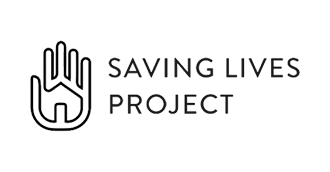Overcoming an addiction is one of the most important, most difficult battles you’ll ever have to fight in your life. If you’ve recently decided to get sober, know you’re taking the first steps towards a better life, and that’s amazing! But you may still find it hard to get to sleep some nights.
Insomnia is a common side effect of withdrawal and addiction recovery. This can make recovery that much harder, but you don’t have to grin and bear it. Read on to learn more about the connection between sleep disorders and addiction recovery and what you can do to fix it.
How Addiction Affects Sleep
You may be surprised to learn that insomnia is one of the most common side effects of addiction, no matter what your addiction may be. In the case of drug addictions, the connection is a little more obvious. If you’re using cocaine, amphetamines, and other stimulants, you won’t sleep much and you won’t get REM sleep when you do.
But even if you’re using depressants like alcohol and marijuana, you’ll experience sleep disturbances, too. In some cases, an existing problem with insomnia may have led to the addiction in the first place. Many people use alcohol or drugs as a way to help them get to sleep and accidentally get addicted.
Set Up a Bedtime Schedule
In many cases, especially if your addiction developed as a result of an existing insomnia problems, using can become a part of your bedtime routine. Maybe you take an upper before you go out for the night and then find your way back to bed at some point later. Maybe you have a drink before bed to ease you into sleep.
Whatever the reason, over time, your brain learns that your substance of choice is its signal to go to sleep. Instead, try to set up a new schedule that will signal your brain it’s time to start shutting down. Go to bed at the same time every night, and establish a routine that you repeat the same way every night.
Work on Sleep Hygiene
Another major problem that can interfere with sleep is a lack of sleep hygiene. When we’re having trouble drifting off, we often start scrolling through our phones, read a book, or watch TV. But all this tells our brain that our bed isn’t just a place for sleeping – it’s a place to stay awake.
If you’re having trouble sleeping, try to make sure you don’t do anything in bed except sleep or have sex. If you like to look at your phone before you go to bed or when you wake up, put a chair in your room, and sit there to do that. Don’t watch movies or read in bed; make the bed a place for sleeping only.
Get Help with Sleep Disorders in Addiction Recovery
If you’re fighting an addiction, being unable to sleep can just make everything worse. But sleep disorders in addiction recovery are a problem you can manage without using. Practice the tips we’ve suggested, and reach out to your treatment center and doctors for help when you need it.
If you’re trying to overcome an addiction, check out the rest of our website at A Fresh Start. We provide sober living environments that will help you rediscover how beautiful sober life can be. Check out our locations today to find one near you.






COMMENTS